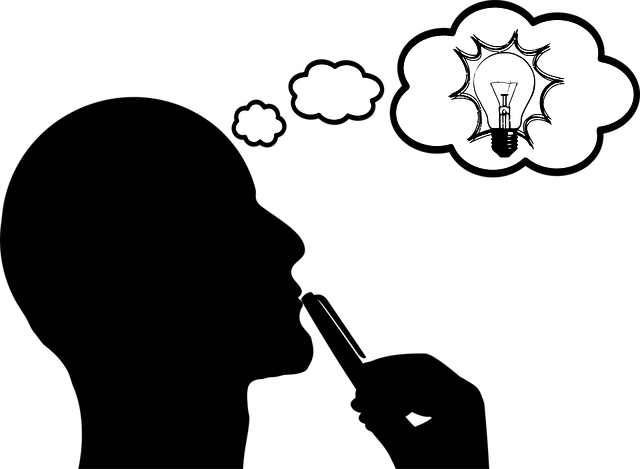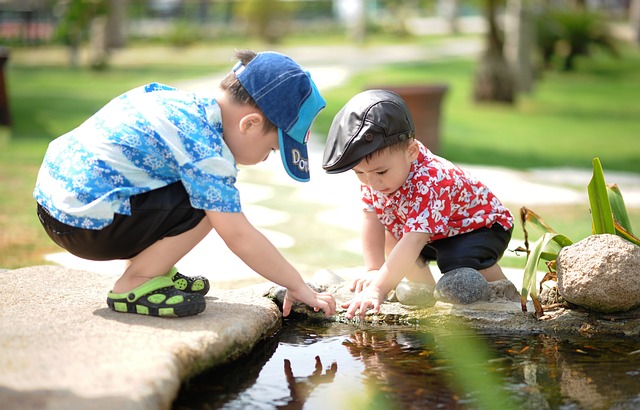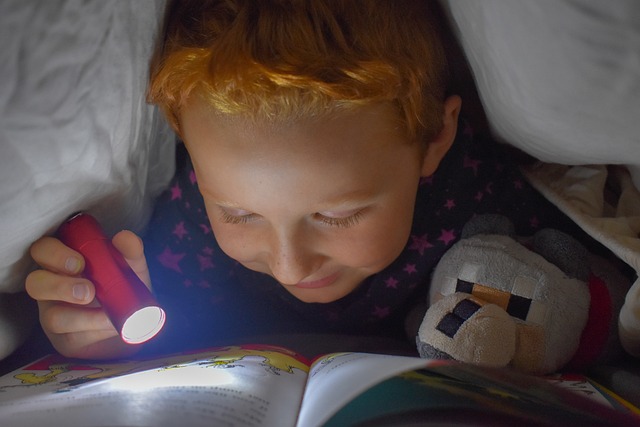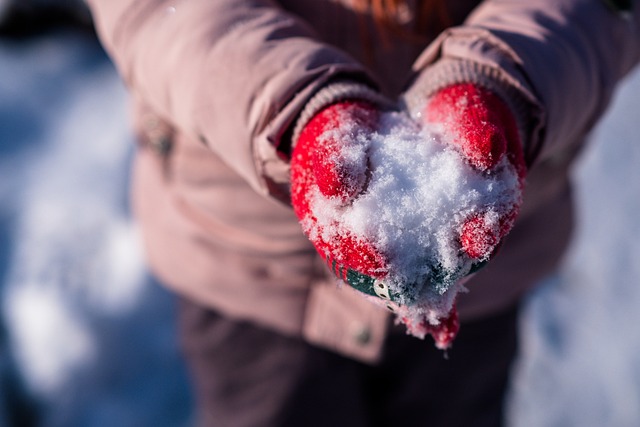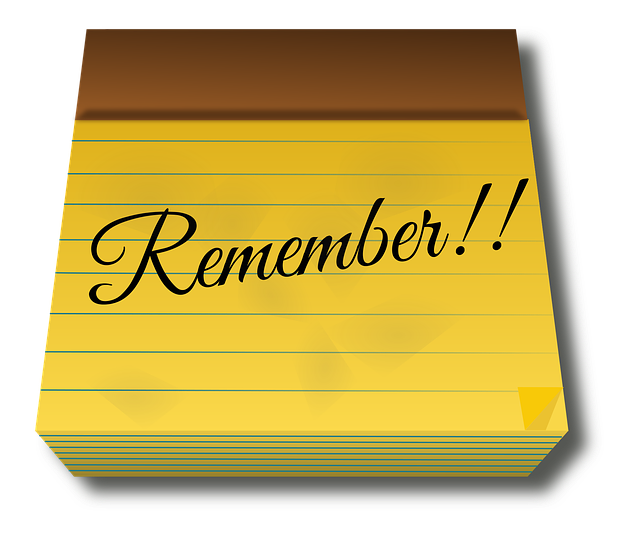
Awareness Days/Months
January National Birth Defects Month January 4- World Braille Day January 20- International Day of Acceptance January 24- Moebius Syndrome Awareness Day February Turner Syndrome Awareness Month February 15- International Angelman Day February 28- Rare Disease Day March Cerebral Palsy Awareness Month Developmental Disabilities Awareness Month Kidney Awareness Month Multiple Sclerosis Month Social Work Awareness Month Trisomy Awareness Month March 1- Self-Injury Day March 1- International Wheelchair Day March 21- World Down Syndrome Day March 26- Purple Day for Epilepsy April April 2- World Autism Awareness Day May Better Hearing and Speech Month Ehlers-Danlos Awareness Month Mental Health Awareness Month National Asthma and Allergy Awareness Month Prader Willi Syndrome Awareness Month Williams Syndrome Awareness Month May 1- Global Developmental


